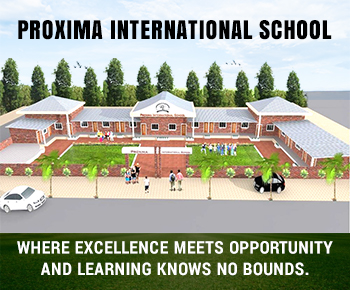
The pre-primary section in our school, also known as early childhood education or preschool, is the stage of education that precedes primary school
Pre-primary education focuses on the holistic development of children, preparing them for formal schooling.
Here are some key aspects of the Pre-primary section in our school:
Pre-primary education places a strong emphasis on play-based learning. Activities are designed to be interactive, hands-on, and engaging, allowing children to learn through play, exploration, and social interaction. Play-based learning helps develop cognitive, social, emotional, and motor skills.
While pre-primary education is not as structured as primary education, it often includes activities that promote early literacy, numeracy, creative expression (such as arts and crafts), music, and physical activities. The curriculum is designed to stimulate children’s curiosity and imagination.
Pre-primary education focuses on social and emotional development, teaching children important skills such as sharing, cooperation, communication, and empathy. It provides a safe and nurturing environment where children learn to interact with peers and teachers.
Our pre-primary programs encourage parental involvement. Parents may participate in school activities, attend parent-teacher meetings, and be engaged in their child’s learning experiences at home. Collaboration between parents and teachers is crucial for the child’s development.
Pre-primary education helps children develop essential skills and behaviour that prepare them for primary school. These skills include listening, following instructions, basic language and numeracy skills, and social skills, which are important for a smooth transition to formal schooling.
Assessment in pre-primary education is often informal and focuses on observing children’s progress in various areas of development. Teachers assess children’s abilities, interests, and needs through observation, interaction, and play activities rather than formal testing.
